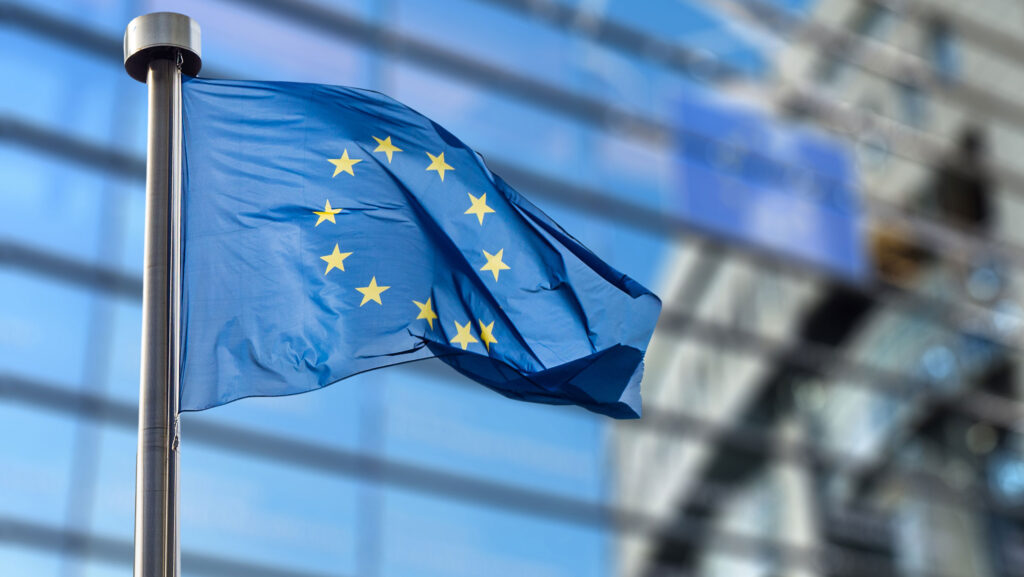European farmers rally in Brussels against Mercosur deal
 © Adobe Stock
© Adobe Stock European farmers staged a protest in Brussels on Friday (5 September), voicing strong opposition to the proposed EU-Mercosur trade agreement, which they say threatens local agriculture and food security.
Organised by farming groups including Copa-Cogeca – the umbrella organisation representing 22m EU farmers and agri-co-operatives – and the Flemish organisation Boerenforum, around 200 protesters gathered outside the European Parliament in Luxembourg Square.
Demonstrators carried signs reading “The Mercosur deal abandons local farmers” and warned of dire consequences for sustainability and rural livelihoods.
See also: French farmers launch protests over EU-Mercosur trade deal
Farmers argue that the deal would open EU markets to low-cost imports of beef, poultry, sugar, ethanol, and rice from Mercosur countries – Argentina, Brazil, Paraguay, and Uruguay – where environmental and labour standards are perceived to be significantly lower than those in the EU.
In a statement announcing the Brussels protest, Copa-Cogeca warned that “sensitive sectors such as beef, poultry, sugar, ethanol and rice face heightened risks of market saturation and income loss due to the influx of low-cost products from Mercosur countries”.
Speaking to The Brussels Times, Kato Demeester of Boerenforum called the deal “disastrous for food security, especially critical in times of geopolitical tension,” and stressed that Mercosur producers fail to meet Europe’s strict environmental, welfare and labour rules.
Ratification process under way
The EU Commission formally launched the ratification process for the deal after its political conclusion in December 2024.
The agreement now awaits approval from both the European Council and the European Parliament.
However, it faces strong opposition from key farming nations such as France and Poland, who fear negative impacts on their agricultural sectors and rural economies.
The commission has defended the deal, arguing it will eliminate tariffs on more than 90% of traded goods, potentially increasing EU exports to Mercosur by €49bn (£42.5bn) annually and supporting 440,000 jobs.
To address concerns, it has proposed legal safeguards, including a tariff “emergency brake” and a €1bn compensation fund for farmers.
Potential impact on UK farmers
Although no longer part of the EU, UK producers could feel knock-on effects.
The deal may amplify pressure from low-cost South American imports, either entering UK markets directly or transiting through the EU.
While some UK exports, such as cheese and wine, could benefit from redirected EU trade, the overall risk to UK food sovereignty and pricing remains high.
